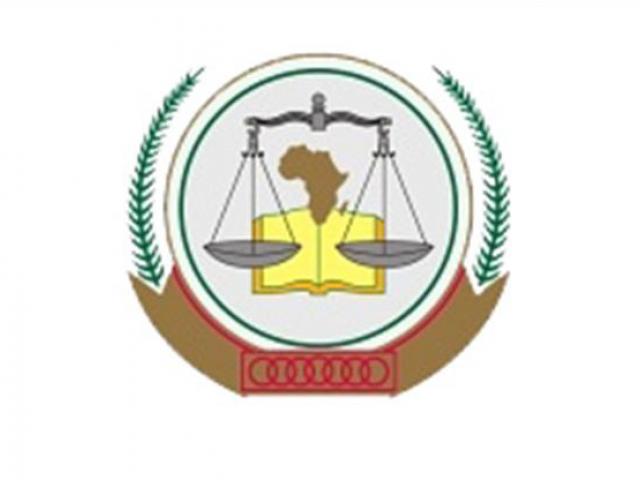
Libya: African Rights Court Issues First Ruling Against a State... Libya Ordered Immediately to End Threats to Life, People’s Security
Press Release
(London, March 31, 2011) – The Libyan government should immediately comply with the first binding ruling against a state by the newly operational African Court on Human and Peoples’ Rights, the Egyptian Initiative on Personal Rights (EIPR), Human Rights Watch, and Interights said today.
In its pioneering decision, issued on March 25, 2011, and published on March 30, the court unanimously ordered Libya to end any actions that would cause the loss of life or violation of anyone’s “physical integrity” in violation of international human rights law. The ruling is binding on Libya, which is required to report back to the court in 15 days on the steps it has taken to carry out the ruling.
“The African Court’s first ruling is a key moment for the protection of human rights in Africa,” said Clive Baldwin, senior legal adviser at Human Rights Watch. “The African Union should now ensure that Libya quickly abides by its first ruling.”
EIPR, Human Rights Watch, and Interights initiated a case against Libya at the African Commission on Human and Peoples’ Rights on February 28, based on allegations that numerous human rights violations had occurred from February 16 onward. These included killings by state security forces of people participating in largely peaceful protests and efforts to shut down the internet, stifle communication, and exclude foreign journalists from the country.
The three organizations asked the African Commission to impose immediate "provisional measures" on Libya to stop the human rights violations, including unlawful killings, and to ensure that those responsible for crimes are held accountable.
The African Commission, which is composed of experts from across the continent, decided that there had been “serious and widespread” violations of human rights in Libya, such that for the first time it should submit a case to the African Court. The court quickly decided that the situation was one of “extreme gravity and urgency” and therefore ordered, “provisional measures” against Libya, requiring it to end all acts that risked violating the right to life or physical integrity.
“This is an important development within the African human rights system, demonstrating how the African Commission and court can cooperate in taking action against massive human rights violations,” said Rebecca Wright, Senior Legal Adviser at EIPR. “For the sake of its citizens, the government of Libya needs to respect the court’s ruling and prevent further harm to everyone in the territory.”
The African Court was set up by the member states of the African Union to “take final and binding decisions on human rights violations perpetrated by AU Member States.” Although its first judges were appointed in 2006, it has not been able to issue a substantive ruling on a case until now, partly because only four African states have made the declaration allowing their citizens to submit cases directly to the court. The African Commission can submit a case to the court in situations of serious and widespread violations of human rights.
“While the tragic events in Libya continue to unfold and accounts of further human rights violations emerge, the court’s decision to grant provisional measures in this case is a positive step,” said Joanne Sawyer, litigation director at Interights. “This strong action from the African Court is a clear signal to the Libyan government that they will be held accountable for their actions.”
For more information, please contact:
- In London, for Human Rights Watch, Clive Baldwin (English, French): +44-78-0305-9701 (mobile).
- In New York, for Human Rights Watch, Daniel Bekele (English, Amharic): +1-212-216-1223.
- In Cairo, for the Egyptian Initiative for Personal Rights, Rebecca Wright (English, French): +202-2796-2682
- In London, for Interights, Judy Oder (English, Luo, Luganda, Kiswahili, French): +44-20-794-30479



